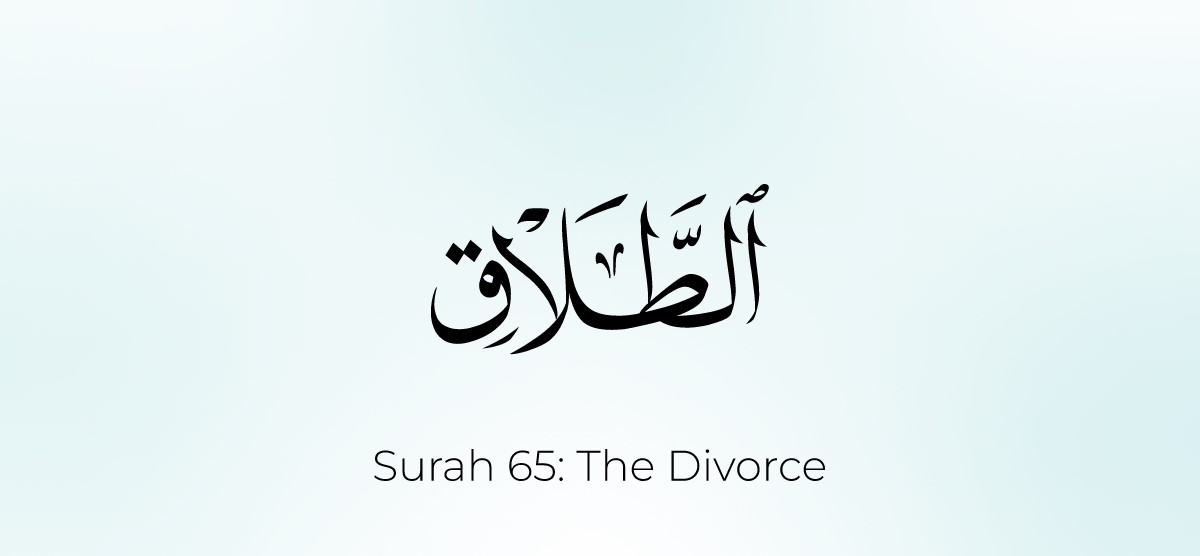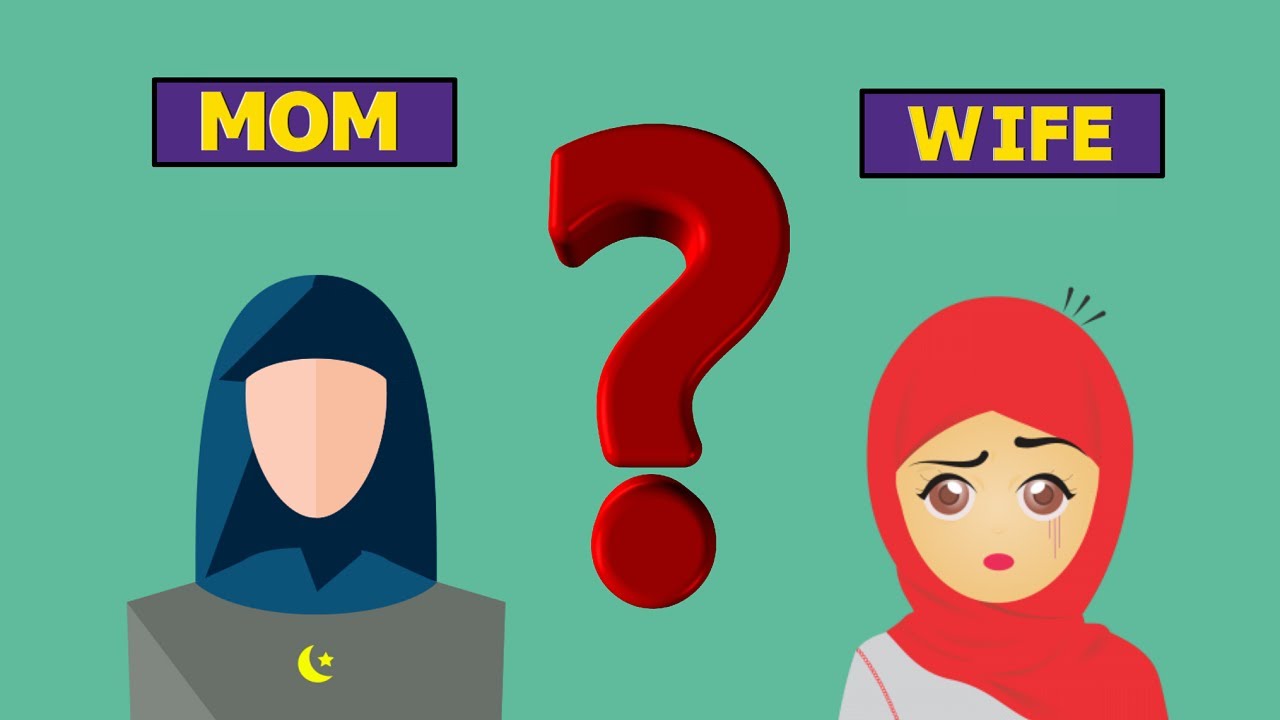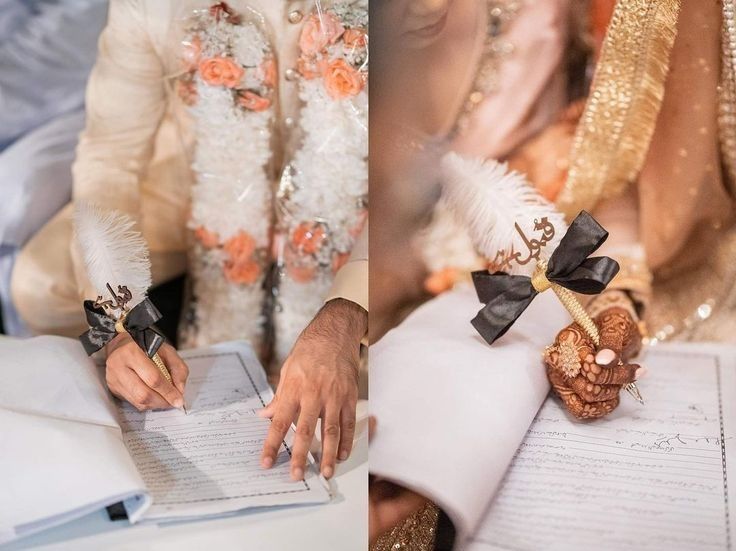· Syed Aas · Islamic · 6 min read
Understanding Divorce and Alimony in Islam: A Friendly Guide
Divorce and alimony in Islam are nuanced topics that require careful consideration of rights and responsibilities.

Understanding Divorce and Alimony in Islam: A Friendly Guide
Divorce is a sensitive topic, and when it comes to Islamic teachings, it’s essential to approach it with care and understanding. In this blog, we’ll explore the principles of divorce and alimony in Islam, breaking down the complexities into digestible pieces. So, grab a cup of tea, and let’s dive in!
Divorce: A Last Resort
In Islam, marriage is viewed as a sacred bond, a solemn covenant meant to last. However, life can be unpredictable, and sometimes couples find themselves unable to live together in harmony. The Quran acknowledges this reality, stating, “A divorce is only permissible twice: after that, the parties should either hold together on equitable terms, or separate with kindness” (Quran 2:229). This highlights that divorce should be a last resort, taken only after all options have been exhausted.
The Process of Divorce
When it comes to divorce, there are different forms, each with its own legal and financial implications. It’s important to note that both husbands and wives have the right to initiate divorce. However, in this discussion, we’ll focus on the husband-initiated divorce, particularly when it’s not the wife’s fault.
Rights of the Irrevocably Divorced Woman
One of the key aspects of divorce in Islam is understanding the rights of women. If a woman is irrevocably divorced, she typically is not entitled to maintenance or accommodation unless she is pregnant. This is based on the teachings of the Prophet Muhammad (peace be upon him), who stated that a divorced woman should observe her waiting period (`Iddah) in a designated place without expecting financial support from her ex-husband.
Narrated by Muslim (1480) from Ash-Sha`bi, who said: I entered upon Fatimah bint Qays and asked her about the ruling of the Messenger of Allah (blessings and peace of Allah be upon him) concerning her. She said: My husband divorced me irrevocably, and I referred my dispute with him about maintenance and accommodation to the Messenger of Allah (blessings and peace of Allah be upon him). He did not grant me any accommodation or maintenance, and he told me to observe my `Iddah in the house of Ibn Umm Maktum.
What About Mut`ah?
The term Mut`ah, which refers to a gift given to a divorced wife. This is applicable in specific situations, such as when a marriage is dissolved before consummation or when the dowry hasn’t been established. The Quran encourages providing a gift according to one’s means, emphasizing kindness and generosity even in difficult times.
“There is no blame upon you if you divorce women you have not touched nor specified for them an obligation. But give them [a gift of] compensation – the wealthy according to his capability and the poor according to his capability – a provision according to what is acceptable, a duty upon the doers of good.” [Al-Baqarah 2:236]
Rights After First or Second Divorce
The woman who has been revocably divorced is still a wife so long as the `Iddah continues, and she is entitled to the same as other wives of maintenance, clothing and accommodation. If a husband issues a first or second divorce and does not take his wife back before the `Iddah ends, then the divorce is not revocable, such as a third divorce, and she is not entitled to maintenance or accommodation.
Maintenance of women who have custody of the children
If the divorced woman is the one who has custody of the children, then the jurists differed concerning her accommodation: is the father (of the children of whom she has custody) obliged to provide it, or is it to be provided by her and the one who spends on her, or is it a shared responsibility, to be paid for by the man and his ex-wife, according to the decision of the judge, or is it the case that if she has accommodation, that should be sufficient for her, and if she does not have accommodation, then the father of the children must provide it for her.
If the father is obliged to provide accommodation for his children – as we shall see below – then the ex-wife may stipulate that she be able to join them in their accommodation, so long as she has custody, and she is not obliged to live with her family or in any accommodation that is rented for her. They (the divorced couple) may come to an agreement that she can stay in her children’s house, or in a home of her own.
Maintenance of children after divorce
The husband must spend on his children , which includes accommodation , food, drink, clothing, school costs, medical care and all that they need.
That should be worked out on a reasonable basis, paying attention to the husband’s financial situation, because Allah, may He be Exalted, says (interpretation of the meaning):
“Let a man of wealth spend from his wealth, and he whose provision is restricted – let him spend from what Allah has given him. Allah does not charge a soul except [according to] what He has given it. Allah will bring about, after hardship, ease” [At-Talaq 65:7]
With regard to whatever is needed and costs for maintenance and repair of appliances that they will use, if the children’s maintenance is sufficient to cover that, along with whatever they need for food, drink and so on, then the cost of maintenance for the appliances should come from that.
If the children’s maintenance is not enough to cover that, and they need these appliances, then the maintenance of the appliances should come from the father’s wealth, because it comes under the heading of the children’s maintenance.
Conclusion: A Path to Understanding
Divorce and alimony in Islam are nuanced topics that require careful consideration of rights and responsibilities. The teachings emphasize respect, kindness, and justice for both parties, even in challenging circumstances.
As we navigate these discussions, it’s crucial to remember that every situation is unique, and seeking guidance from knowledgeable sources can help individuals make informed decisions. Whether you’re facing a divorce or simply seeking to understand the process better, know that you’re not alone, and there are resources available to support you.
And Allah Knows Best.



